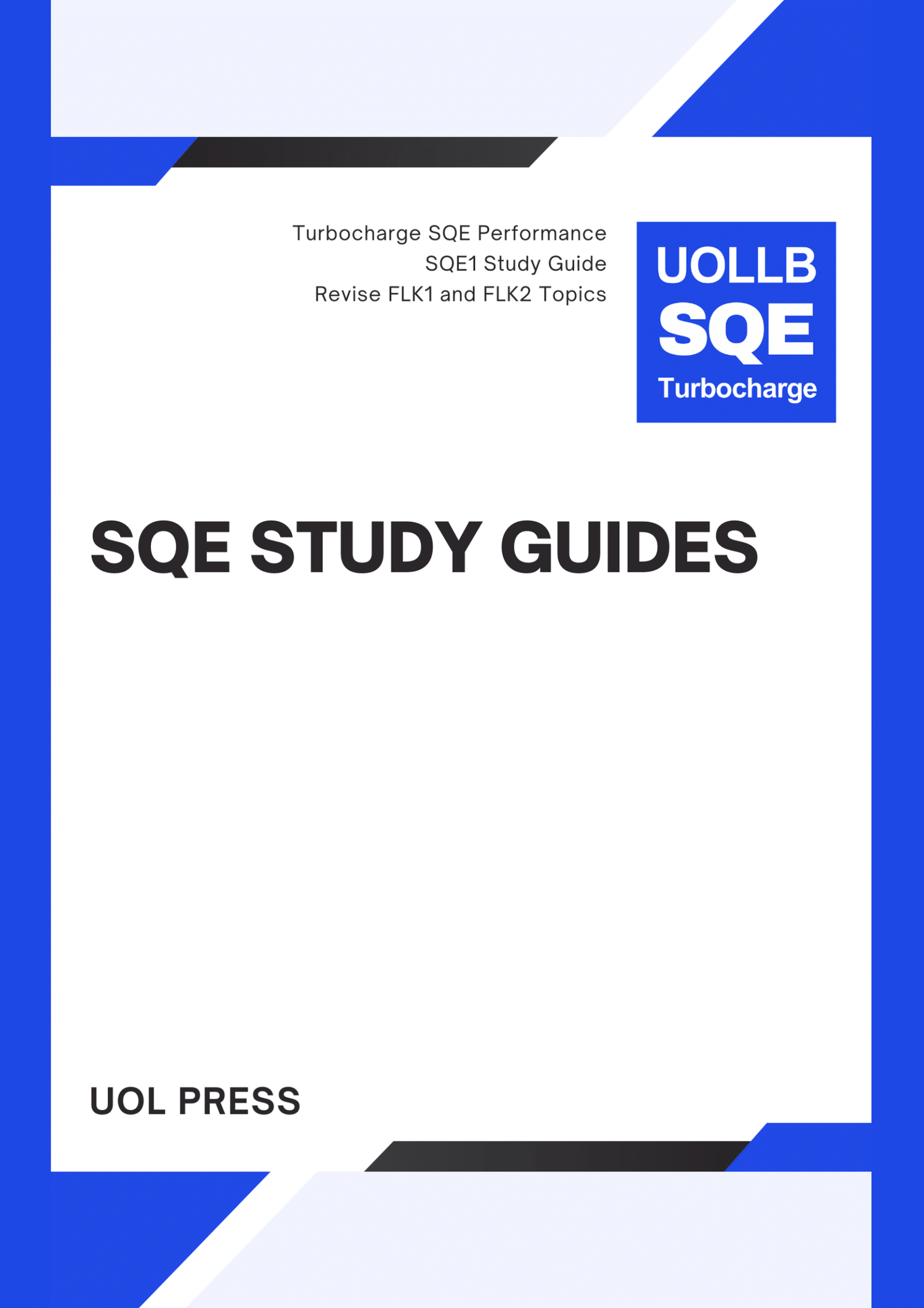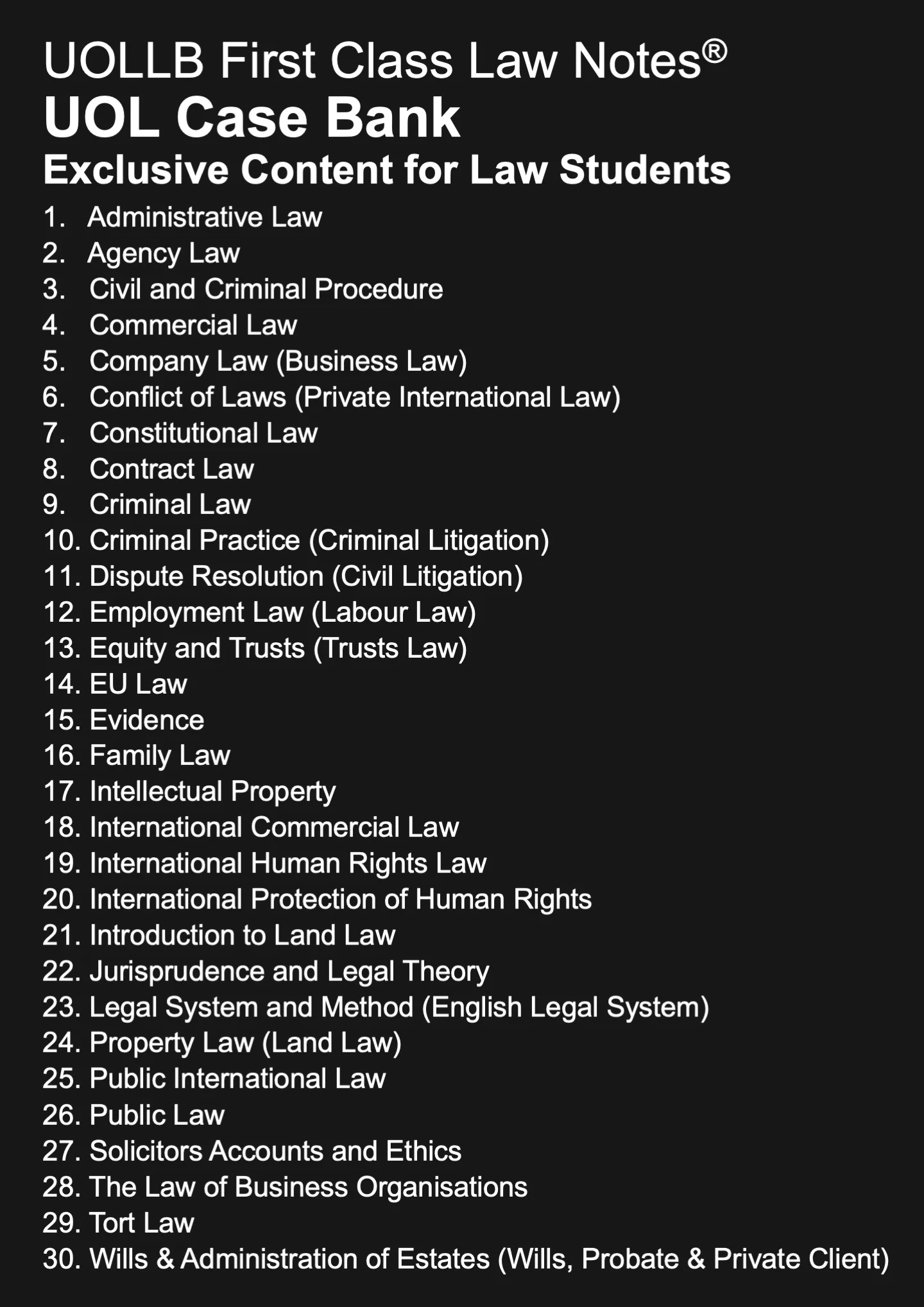Role of Juries in Criminal Courts
Share
Juries play a crucial role in the UK criminal justice system, serving as a fundamental aspect of the right to a fair trial. Their involvement helps ensure that justice is administered impartially and democratically. Here are the key roles and functions of juries in criminal courts:
Determining Guilt or Innocence
The primary function of a jury in a criminal trial is to determine the guilt or innocence of the defendant. After hearing the evidence presented by both the prosecution and the defence, jurors deliberate in private to reach a verdict. This verdict must be based solely on the evidence and the judge's instructions regarding the law. In most cases, the jury's decision must be unanimous, though some jurisdictions allow for majority verdicts under certain conditions.
Representing Community Values
Juries act as representatives of the community, bringing diverse perspectives and values into the courtroom. This ensures that the application of the law reflects societal norms and standards. By involving ordinary citizens in the judicial process, the jury system enhances the legitimacy and public trust in the legal system.
Safeguarding Against State Power
Juries serve as a check against the potential abuse of state power. By placing the decision of guilt or innocence in the hands of citizens rather than government officials, the jury system provides a layer of protection against arbitrary or oppressive actions by the state. This helps maintain a balance of power between the state and the individual.
Enhancing Fairness and Impartiality
The jury system promotes fairness and impartiality by involving a group of individuals who have no prior knowledge of the case and no vested interest in the outcome. Jurors are selected at random from the community, reducing the likelihood of bias and ensuring that the defendant is judged by a cross-section of society.
Deciding on Facts
Juries are responsible for determining the facts of the case. They assess the credibility of witnesses, weigh the evidence, and resolve any factual disputes. The judge provides legal guidance, but it is the jury that decides what actually happened based on the evidence presented.
Encouraging Public Participation
Jury service is a form of civic duty that encourages public participation in the justice system. By involving citizens directly in the administration of justice, the jury system fosters a sense of responsibility and engagement with the legal process. This participation helps demystify the legal system and promotes a better understanding of how justice is administered.
Providing a Democratic Element
The jury system introduces a democratic element into the criminal justice process. It ensures that legal decisions are not solely in the hands of professional judges but also involve ordinary citizens. This democratisation of justice helps to ensure that the legal system is accountable to the people it serves.
Ensuring Transparency
Jury trials enhance the transparency of the judicial process. The requirement for open trials, where evidence is presented in public and subject to cross-examination, allows for greater scrutiny and accountability. This transparency helps to prevent miscarriages of justice and promotes confidence in the legal system.
In summary, the role of the jury in UK criminal courts is to ensure that justice is served in a fair and impartial manner. The involvement of ordinary citizens in the administration of justice is seen as a key feature of the UK's democratic system, and juries play a vital role in maintaining public trust in the legal system.
Determining Guilt or Innocence
The primary function of a jury in a criminal trial is to determine the guilt or innocence of the defendant. After hearing the evidence presented by both the prosecution and the defence, jurors deliberate in private to reach a verdict. This verdict must be based solely on the evidence and the judge's instructions regarding the law. In most cases, the jury's decision must be unanimous, though some jurisdictions allow for majority verdicts under certain conditions.
Representing Community Values
Juries act as representatives of the community, bringing diverse perspectives and values into the courtroom. This ensures that the application of the law reflects societal norms and standards. By involving ordinary citizens in the judicial process, the jury system enhances the legitimacy and public trust in the legal system.
Safeguarding Against State Power
Juries serve as a check against the potential abuse of state power. By placing the decision of guilt or innocence in the hands of citizens rather than government officials, the jury system provides a layer of protection against arbitrary or oppressive actions by the state. This helps maintain a balance of power between the state and the individual.
Enhancing Fairness and Impartiality
The jury system promotes fairness and impartiality by involving a group of individuals who have no prior knowledge of the case and no vested interest in the outcome. Jurors are selected at random from the community, reducing the likelihood of bias and ensuring that the defendant is judged by a cross-section of society.
Deciding on Facts
Juries are responsible for determining the facts of the case. They assess the credibility of witnesses, weigh the evidence, and resolve any factual disputes. The judge provides legal guidance, but it is the jury that decides what actually happened based on the evidence presented.
Encouraging Public Participation
Jury service is a form of civic duty that encourages public participation in the justice system. By involving citizens directly in the administration of justice, the jury system fosters a sense of responsibility and engagement with the legal process. This participation helps demystify the legal system and promotes a better understanding of how justice is administered.
Providing a Democratic Element
The jury system introduces a democratic element into the criminal justice process. It ensures that legal decisions are not solely in the hands of professional judges but also involve ordinary citizens. This democratisation of justice helps to ensure that the legal system is accountable to the people it serves.
Ensuring Transparency
Jury trials enhance the transparency of the judicial process. The requirement for open trials, where evidence is presented in public and subject to cross-examination, allows for greater scrutiny and accountability. This transparency helps to prevent miscarriages of justice and promotes confidence in the legal system.
In summary, the role of the jury in UK criminal courts is to ensure that justice is served in a fair and impartial manner. The involvement of ordinary citizens in the administration of justice is seen as a key feature of the UK's democratic system, and juries play a vital role in maintaining public trust in the legal system.

























































